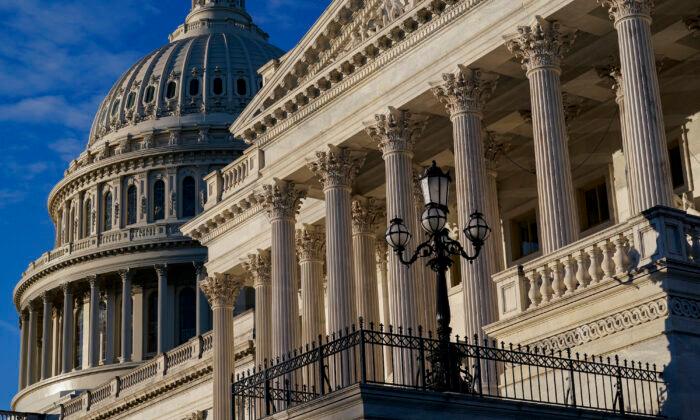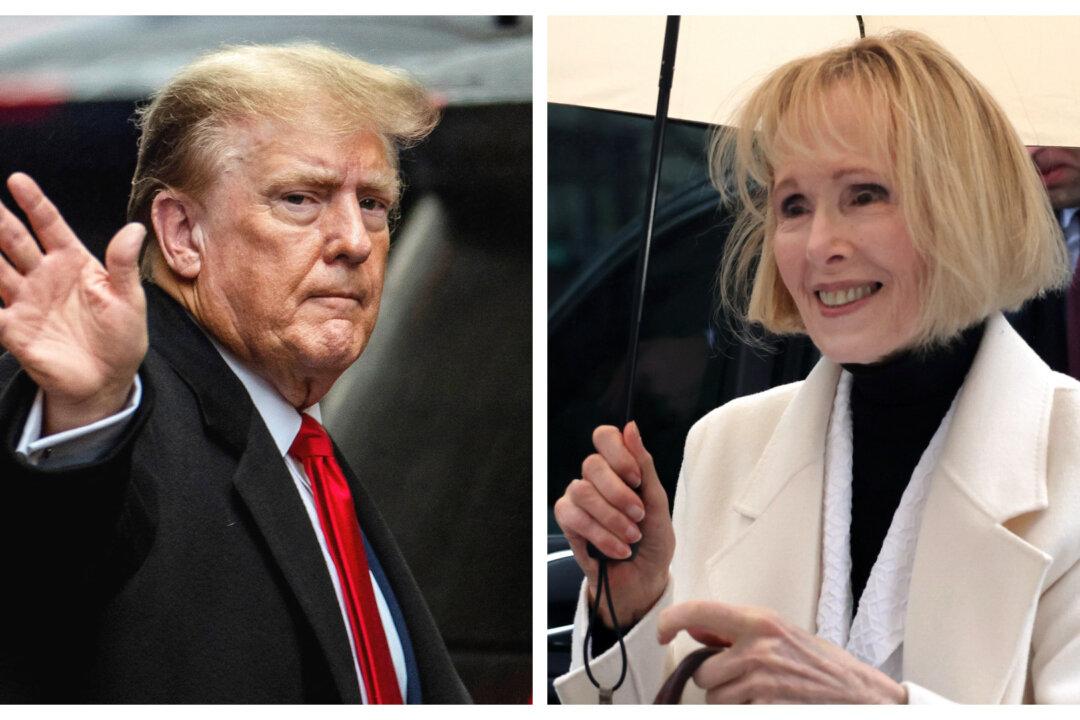U.S. representatives and senators or their immediate family members bought about $180 million and sold around $175 million worth of company shares in 2021. House representatives occupied the top 10 spots in terms of the total amount transacted, with the first senator on the list in 12th place.
Rep. Michael McCaul (R-Texas) was the most active politician, by overall dollar value. His disclosures show roughly $35 million in stock sales and $31 million in stock purchases, for a total of $66 million in transactions.
Rep. Ro Khanna (D-Calif.) ranked second, with a total transacted volume of about $53 million, including roughly $19 million in sales and $34 million in purchases.
Rep. Mark Green (R-Tenn.) disclosed roughly $53 million in stock transactions, including about $26.5 million each of purchases and sales.
The top senator in trade dollar value was Sen. Bill Hagerty (R-Tenn.), whose disclosures show about $57,000 in stock buys and just over $4 million in sales.
Trading stocks by members of Congress has been the subject of scrutiny and criticism over the years, prompting questions about whether lawmakers leverage access to privileged information to get an edge on markets.
“It’s clear the current rules are not working,” the lawmakers wrote, citing several high-profile cases of senators making significant stock sales after receiving closed briefings on the COVID-19 outbreak in the early days of the pandemic in 2020, before the general public had understood its implications for markets.
Members of Congress were elected to “serve our country, not turn a quick a buck,” they wrote, arguing that a law barring lawmakers from owning or trading stocks while in office would help restore public trust.





